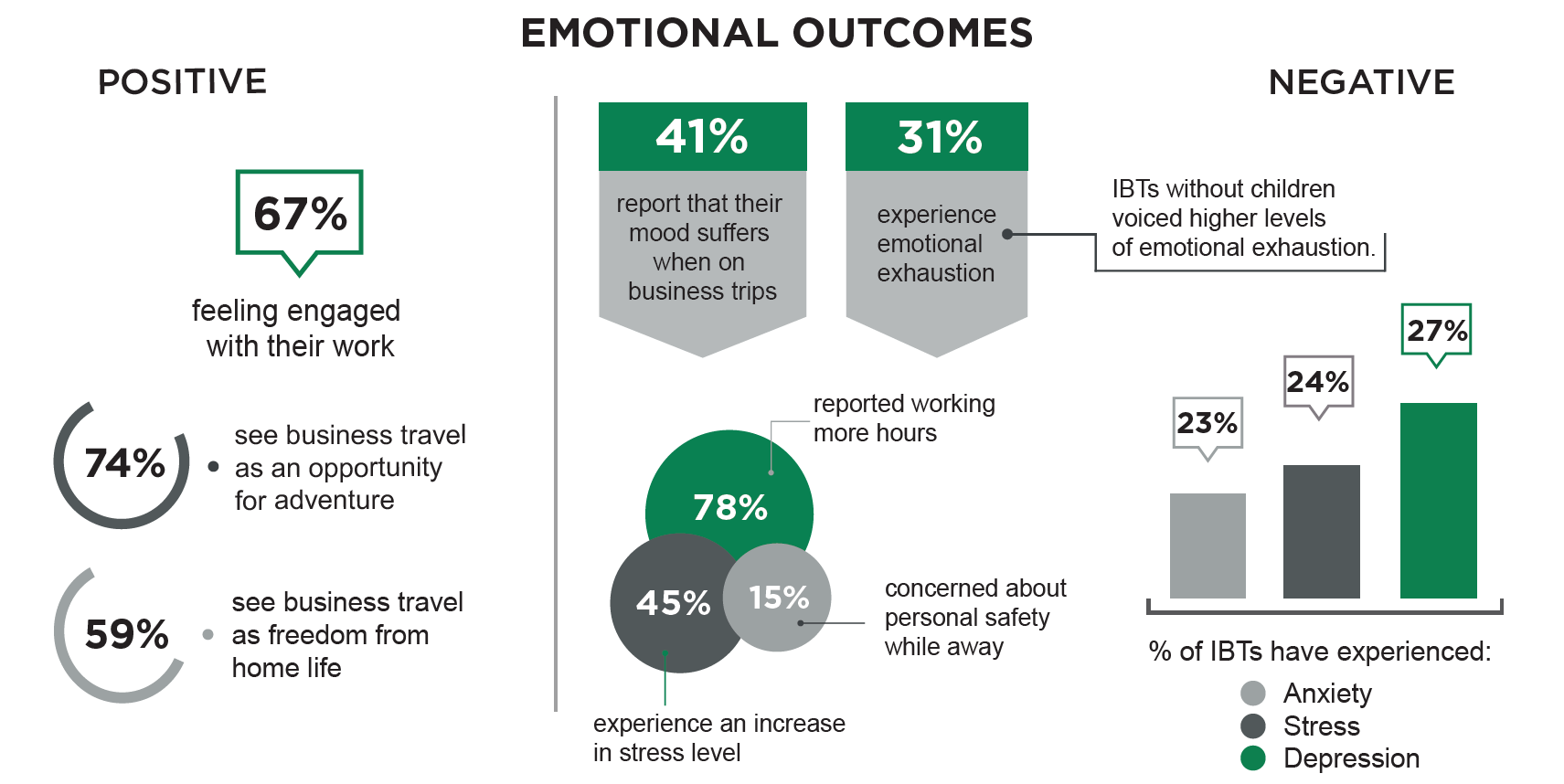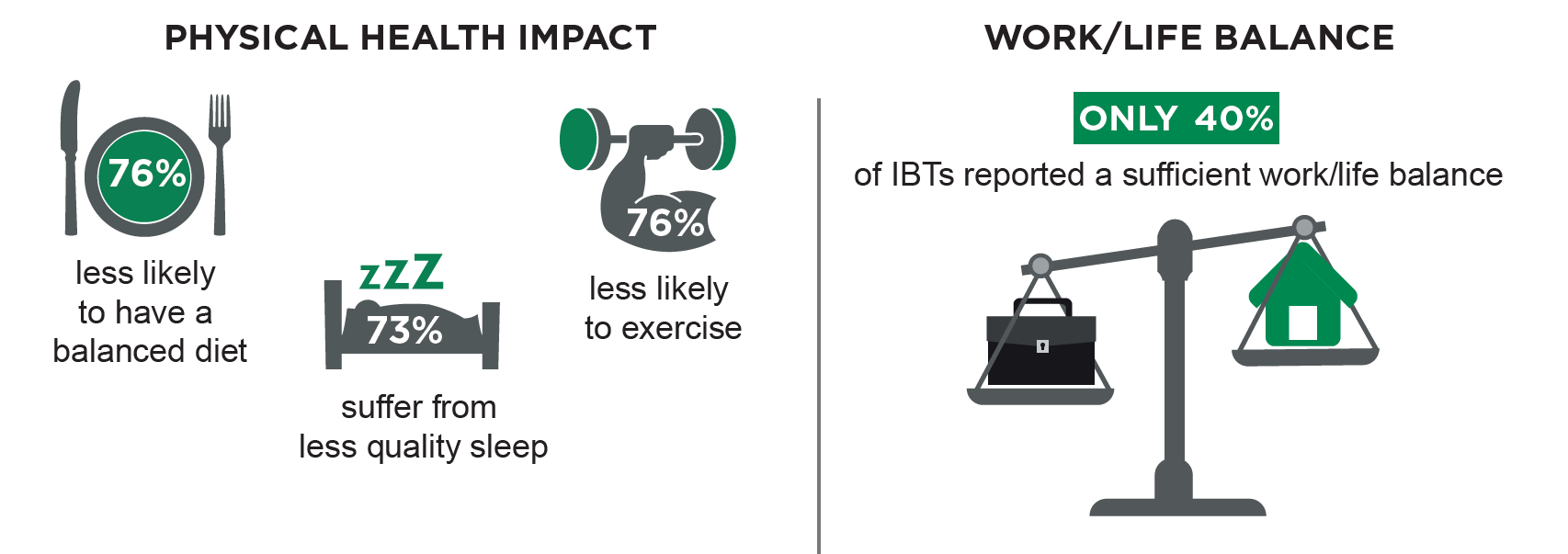It's not all bad news though, a sense of adventure, freedom and heightened engagement also comes with business travel. The whitepaper 'Keeping International Business Travellers Happy, Healthy & Engaged at Home and Away' starts to uncover the organisational, social and individual factors that support and hinder the psychological health of IBTs.
Kai Boschmann, Director, International SOS Foundation, who commissioned the study, comments, "The business opportunities associated with international travel are undisputed, but research suggests that frequent travellers make three times as many claims for psychological treatment compared to those who don't travel on business regularly. To foster business productivity and fulfil Duty of Care in a sustained way, organisations need to also understand how they can protect the mental health and physical wellbeing of their employees while travelling."
Dr Rachel Lewis, Associate Professor in Occupational Psychology and Programme Director for the MSc and Professional Doctorate Programme in Occupational and Business Psychology, at Kingston Business School, added, "By starting to look into the causes as well as the impacts on business travellers, the paper provides practical support for employers and employees as well as valuable insights. Awareness is the first step in tackling these issues that are, inevitably, going to become more prevalent as the global workforce increasingly travels internationally in search of business opportunity and success."
Risky Behaviours Uncovered
While 67% of respondents to the study reported increased engagement in their jobs due to business travel, over a third (34%) of international business travellers (IBTs) are more likely to engage in a number of risky behaviours when travelling, compared to their behaviour at home, and only 15% are more concerned about their safety while they're away. This trend is particularly evident among the younger, less experienced employees. The study shows that this may be the result of lowered inhibitions; the majority (75%) agree that they see business travel as an opportunity for adventure and exploration, and, for 59%, it's an opportunity to enjoy freedom from home life.

Professor Robert Quigley MD, Senior Vice President and Regional Medical Director at International SOS commented: "It is clear that organisations must bridge a risk awareness gap by educating travelling staff about the potential health and safety risks they face when away from home, before it has an impact. This can play a critical role in helping international business travellers be better protected themselves and keep business aims on track."
Mental & Physical Health
The report also uncovers the impact on mental health and physical wellbeing, including an increase in stress levels and emotional exhaustion.1% their mood suffers when on business


Dr Rachel Lewis continued, "The combination of the physical demands and restrictions of international business travel, including the ability to eat moderately as well as keep a regular exercise routine, can have a major impact. Many people rely on this kind of activity to keep a balance both physically and psychologically, whether they are at home or away. This may be why only 40% of international business travellers reported a sufficient work/life balance."
The new study 'Keeping International Business Travellers Happy, Healthy & Engaged at Home and Away' and supporting materials can be found here.